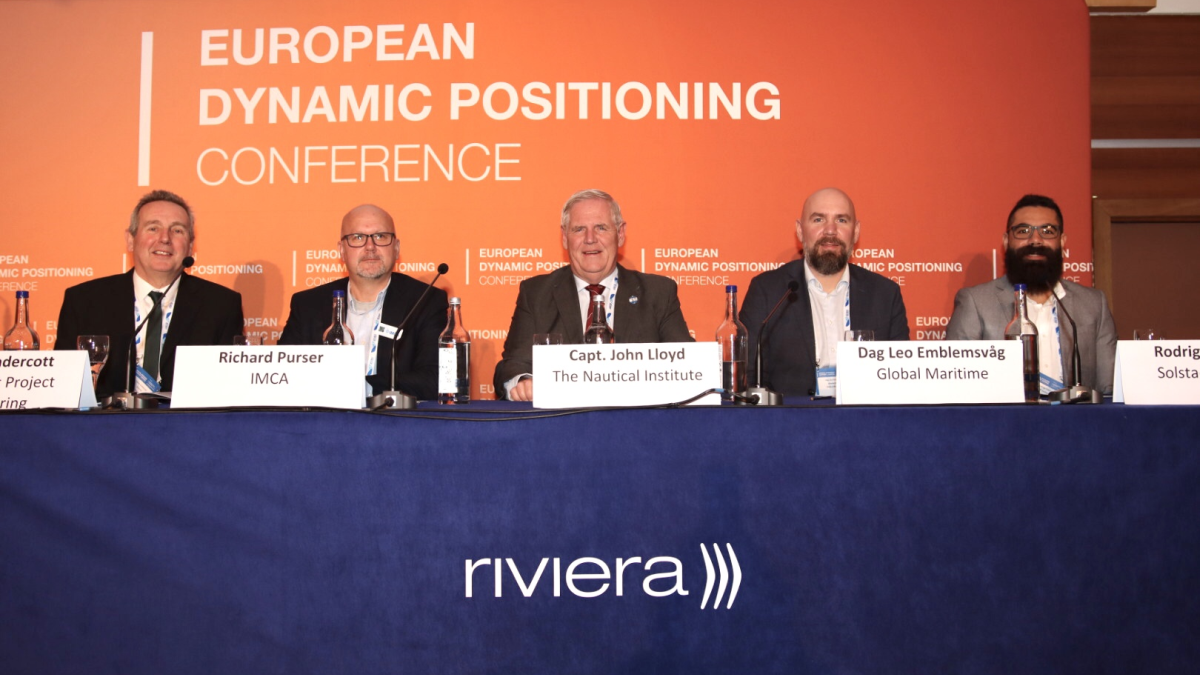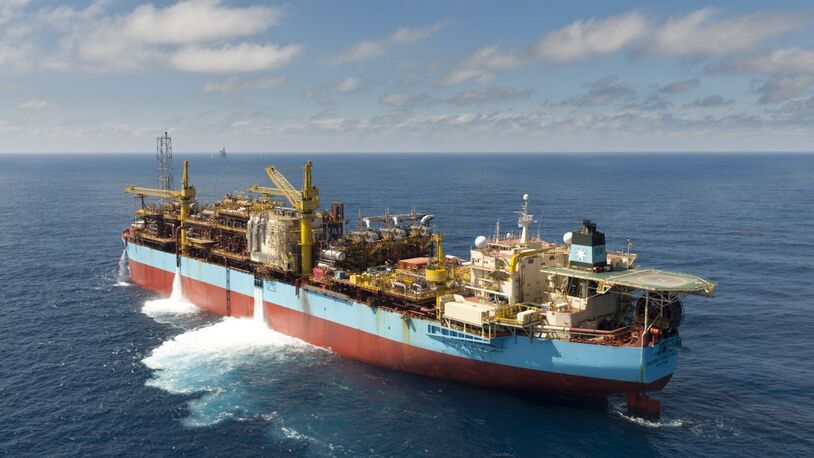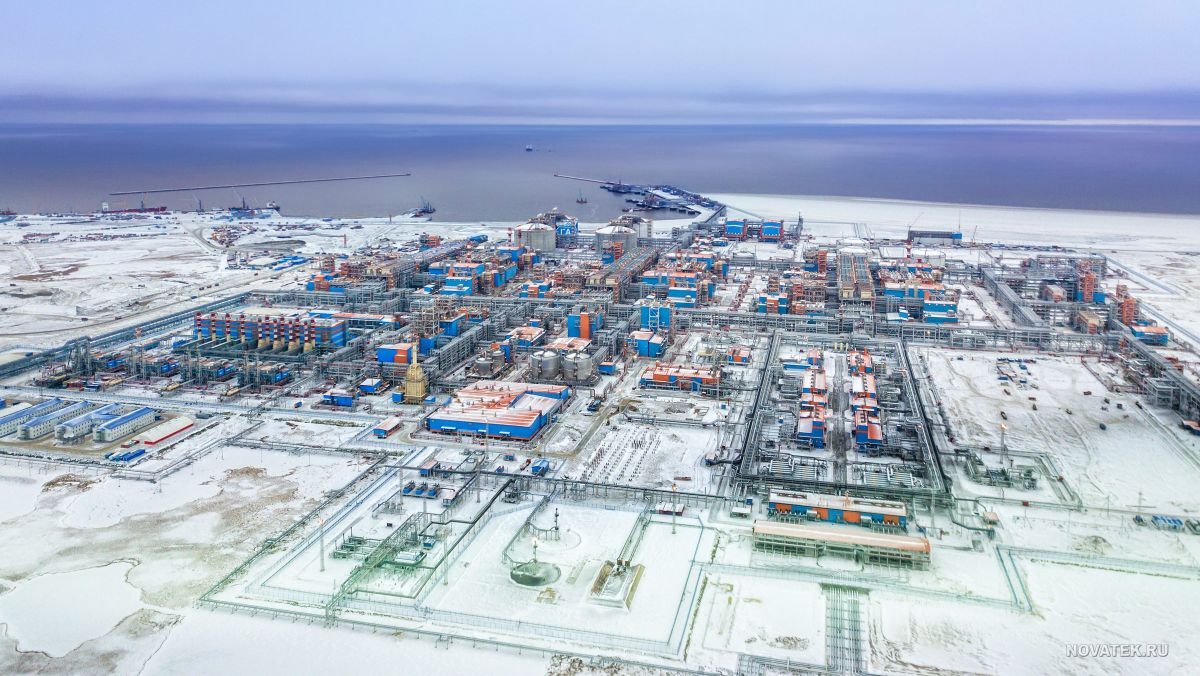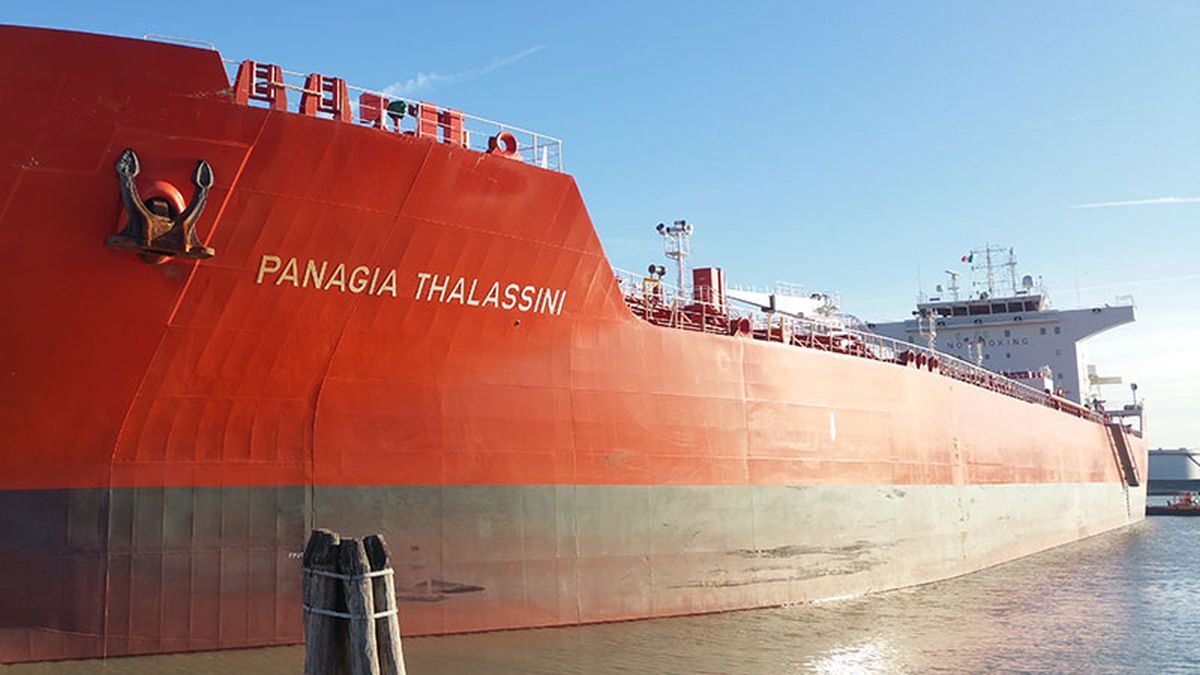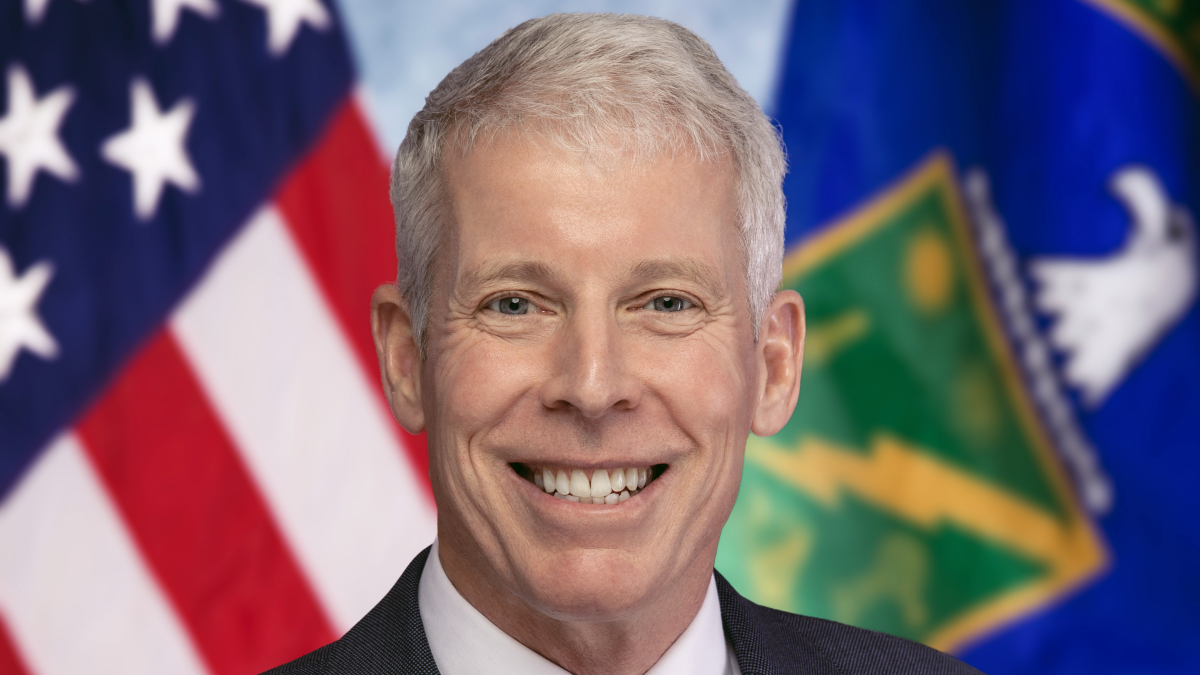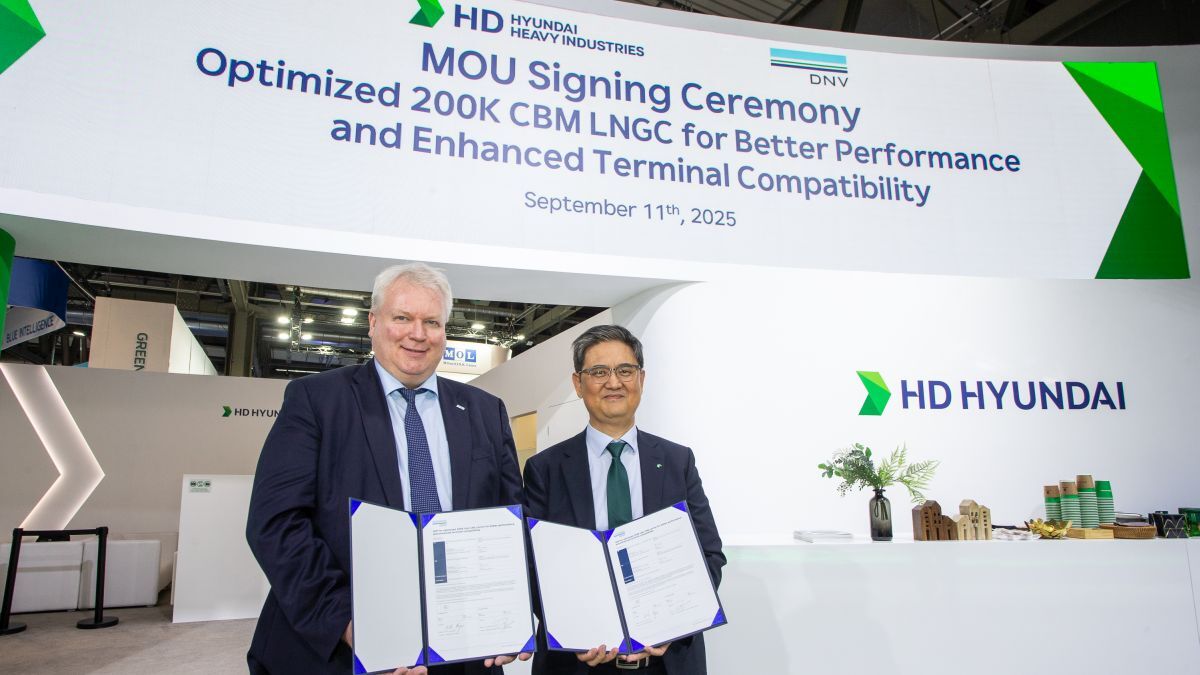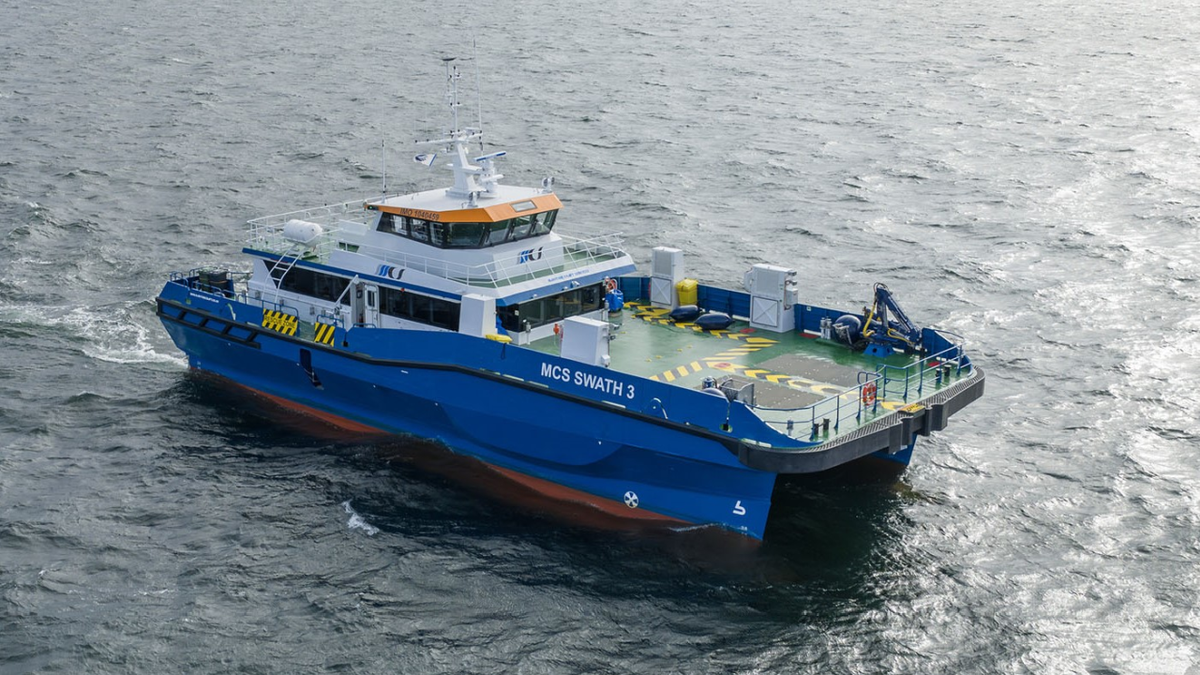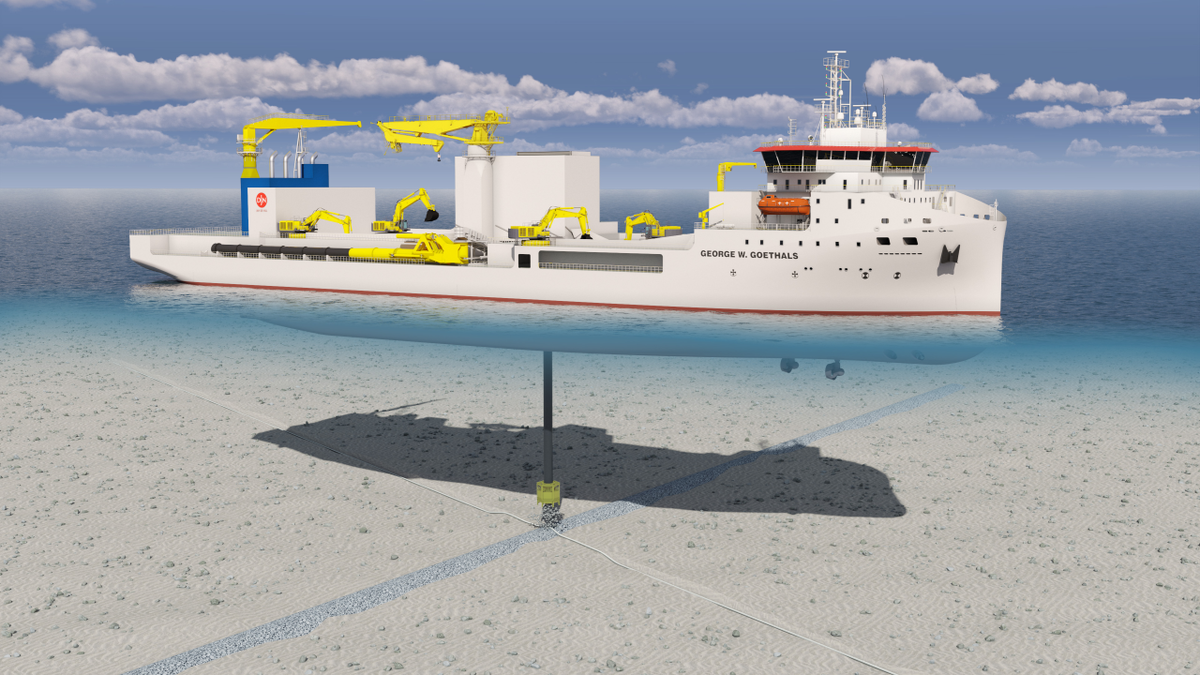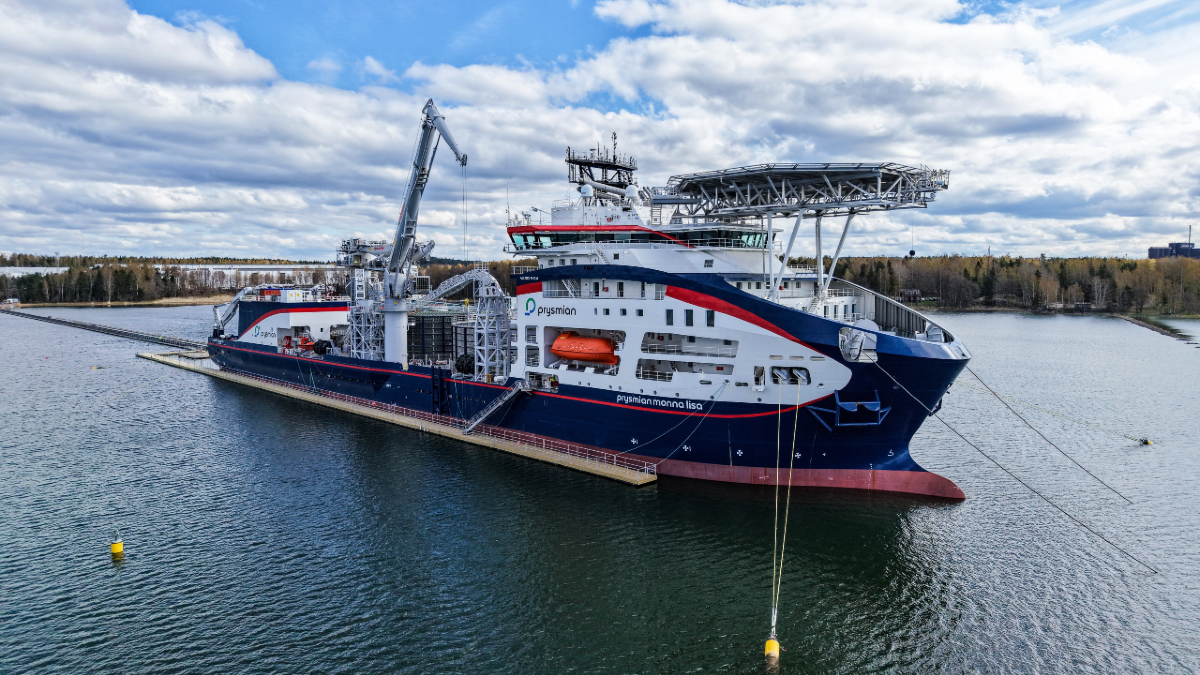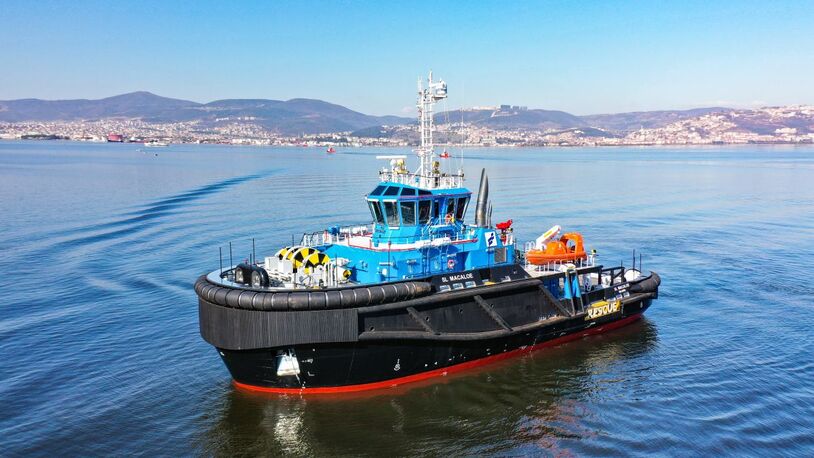Business Sectors
Contents
Human element, data emphasised in addressing maritime safety shortfalls
Discussing DP incidents and enclosed space deaths on board vessels, experts agreed improvements in practice are needed
In a set of presentations ranging across analysis of DP stationkeeping events, enclosed space casualties and software built to improve DP operations, panellists at Riviera Maritime Media’s European Dynamic Positioning Conferece 2023 tackled the tricky subject of how to improve key safety metrics for the people working in the shipping sector.
Advocating for data sharing across the sector, IMCA technical advisor Richard Purser shared IMCA’s latest analysis of DP stationkeeping events and incidents in 2021 and 2022.
While the years of the mid 2010s, characterised by low oil prices, vessel lay-ups and crew lay-offs, saw a low point in the number of total DP incidents reported, that figure increased over 2019-2021 as the market began to pick back up. From 2021 to 2022, as IMCA’s figures showed, the number of reported DP incidents began to stabilise or even show a downward trajectory, although Mr Purser said it was too early to say for certain.
In addition to presenting the statistical trends on incidents, which are all "normalised and anonymised", IMCA also publishes four bulletins a year, on average, each with a case study designed to generate discussion, understanding and situational awareness of how to best approach a given incident.
Mr Purser stressed the case studies are normalised and the vessels or incidents described are not directly representative of the incident reports IMCA receives. These reports can be made on IMCA’s website, are confidential and can be anonymous.
“We’re not here to point fingers, we’re here to learn lessons,” Mr Purser said.
The point of collecting data on incidents is, according to IMCA, to learn from failure, to spot weak areas in operations, to enable barrier management (improve guidance), and to better understand the state of the industry, and IMCA encourages a ’no blame-culture’ through its reporting.
“There is a positive impact coming out of this negative event reporting,” he said, noting the case studies are designed to get people discussing what they would do or should do in a given safety situation.
“Human factors will be something we will always be dealing with,” Mr Purser said.
Nautical Institute chief executive John Lloyd took on the tragic subject of enclosed space deaths for crew working on board vessels, pointing out enclosed space operations are the biggest occupational safety killer aboard vessels and many investigations "tend to blame the victim" in their findings.
Discussing the work of the IMO-established Human Element group, composed of NGOs with IMO consultative status, Mr Lloyd said the group had an enclosed space project underway to promote safer practices. “If you think there’s no need to do things differently, the statistics will tell a different story,” Mr Lloyd said.
Total enclosed space deaths on board vessels from 1999 to the end of 2022 come to 255, and these are only the reported figures. Sadly, the figures appear to be on the rise, according to an Intermanager report.
"It comes back to human factors. And it’s about keeping sailors safe," Mr Lloyd said.
Shore contractors who have died on board during this period number 67 and seafarers, 185, according to data from industry accident reports, P&I Club reports, MARS and CHiRP databases.
“The underpinning philosophy of the group’s work is that regulations will establish the rules, but they can’t help people adopt good practices,” Mr Lloyd said. "So what do we do about it?"
Mr Lloyd cited safety innovations being used on roadways for vehicle traffic through height-restricted passageways.
"On roadways, there are interactive barriers – multiple preventative measures in place. And I just wonder how hard we, as an industry, are working on the hierarchy of controls. Because we tend to focus at the bottom of that on the personal protective equipment and maybe, one level up from that, on the administrative controls," he said.
An obvious goal for the industry could be to shift that focus more toward how to improve some of the metrics IMCA’s Mr Purser outlined in his presentation. Noting that human factors involved in accidents could be classified as failures of sensory, memory, decision and action, IMCA’s analysis is looking at ways to promote training improvements with clear, concise, decision support tools and to avoid reliance on memory while standardising continual professional development on board. And an ongoing collaboration between a shipowner and software provider is attempting to pioneer data collection, analysis and reporting that may well be a starting point to design those decision support tools.
Solstad Offshore has used third-party software provider Global Maritime’s DP management system for three years to establish a database of knowledge on DP testing with the goal of ensuring safer fleetwide operations by assessing technical and operational challenges seen in the fleet over the timeframe. Solstad already utilises the system for awareness, drills and improved guidelines for vessel operations as well as sharing technical knowledge gained from past challenges among its fleet.
"Trends on the reoccurrence of findings in all categories are used to assess the need for adjustments on planned maintenance routines and/or training for the key DP personnel to mitigate possible gaps in knowledge," Solstad Offshore DP authority Rodrigo Fabireza said.
Global Maritime Marine Services manager Dag Leo Emblemsvåg continued, "We see that a lot of the findings are repeated. The same findings for different vessels. It can be a sister vessel; it can be the fleet… but you can take learnings from those. And to be able to share that between a fleet gives added value within the system."
In terms of wider industry application, the system does not yet have "a relationship to the rest of the industry," according to Solstad and Global Maritime, but it is a repository of data that could be seen as a blueprint by other owners and, eventually, possibly lead to more data sharing.
"Even still, we are seeing IMCA is struggling to get proper data from owners, and [in the Solstad-Global Maritime project] we are talking about a fleet of 90+ vessels that perform trials every single year, so we are talking about hundreds of trials with several hundreds of findings that we can extract data from for the overall improvement of the fleet," Mr Fabireza said.
And Mr Emblemsvåg continued "In the future, we hope we can [share data more widely from the sector]."
Sign up for Riviera’s series of technical and operational webinars and conferences in 2023:
- Register to attend by visiting our events page.
- Watch recordings from all of our webinars in the webinar library.
Related to this Story
Events
Maritime Decarbonisation, Europe: Conference, Awards & Exhibition 2025
Offshore Support Journal Conference, Americas 2025
LNG Shipping & Terminals Conference 2025
© 2024 Riviera Maritime Media Ltd.


